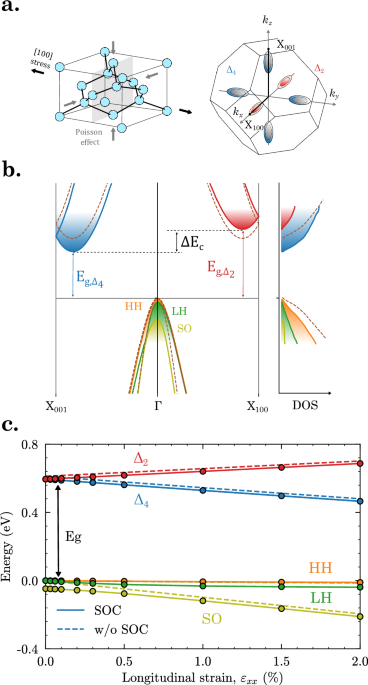
- Select a language for the TTS:
- UK English Female
- UK English Male
- US English Female
- US English Male
- Australian Female
- Australian Male
- Language selected: (auto detect) - EN
Play all audios:
Everyone is so excited at indicative votes on Brexit one might assume that this was a bold, new parliamentary process changing how MPs declare policy or make law. Except indicative votes are
not new. In February 2003, I was on a plane with Tony Blair that took off from Le Touquet in a hurry, cutting short an Anglo-French summit to return to vote in the House of Commons on
reforming the House or Lords. They were the oddest votes I ever took part in during eighteen years as an MP. Everyone had a multiple choice ballot paper and could tick their preferred
option. These indicative votes were a wheeze dreamt up by Robin Cook, who was Leader of the House, and, as with everything Robin did, it was an innovative and imaginative plan. The big
reform of the House of Lords had already taken place with the abolition of hereditary peers. Younger readers may find it hard to believe, but for centuries British law-makers were decided on
the basis of their birth. A duke, or marquis, or earl or plain lord could hand on the right to vote on the laws of the land to his eldest son (not, of course, his daughter) – a system of
law-making marginally less democratic than the Central Committee of the USSR doing Stalin’s bidding. In 1999, the hereditary peers were cut down from 650 to 92. The Duke of Abercorn and the
Marquess of Abergavennny lost their centuries old right to makes laws for Britain. The 92 who stayed on as law-makers in the Lords were chosen by election from the left-over hereditaries,
and still are today. For many reformers this was unfinished business, and in the 2001 Labour manifesto, Tony Blair won his second big majority on a manifesto which included a pledge to
remove all the hereditary peers. Blair wanted to have all peers appointed, a massive increase in patronage for the prime minister and leaders of other parties. Many Labour MPs jibbed at this
and demanded peers should be elected on a regional list basis, or on the basis of some other electoral college. Robin Cook was much keener on elections to decide who should be legislators,
rather than prime ministerial patronage. He had been very unhappy at being removed as Foreign Secretary in 2001 and seized the moment to propose Lords reform that he knew would get up
Blair’s nose. It was on the eve of the Iraq war. Tensions were high among Labour MPs. Blair was facing the first serious challenge to his authority as leader and prime minister in nearly a
decade of Labour Party leadership. MPs could choose between a House of Lords with 100 percent of the peers elected, down to all of them being appointed, with variations in between. 80 per
cent appointed, 20 per elected; 60 per cent appointed, 40 per cent elected, 50/50 and so on. On the plane back from France, both Blair and the Foreign Secretary, Jack Straw, made clear they
would vote for an appointed Lords. Charles Clark and I said we wanted to see most peers elected, and Blair joked he would ask the pilot to open the door and push out into the Channel. At
least I think he was joking. When the results came in there was no clarity. 245 MPs voted for a fully appointed House of Lords and 323 against. Then 272 MPs voted for a fully elected Lords
and 289 against. Another motion calling for the Lords to be abolished was lost. Thus the indicative votes told us what MPs did not want, but did not force a clear division on what they did
want, other than committing to have a second chamber called the House of Lords. To be fair, the steam over Lords reform had fizzled out by then and the overwhelming issue was the forthcoming
Iraq invasion. But indicative votes did not produce a result and left the status quo untouched. The indicative votes tomorrow may clarify the options. Or, like the Lords reform 16 years
ago, MPs may end up voting for anything and everything and, as in 2003, it will be the executive that remains in control.



